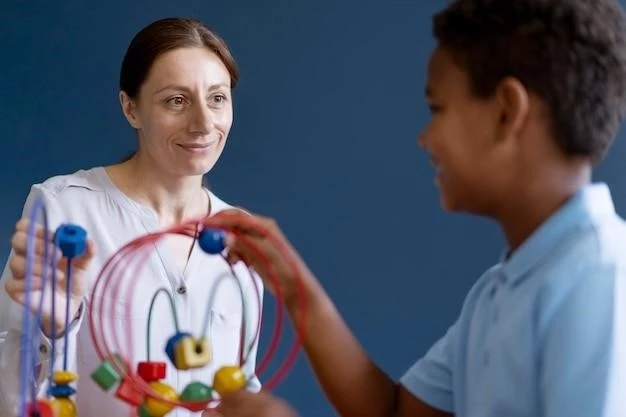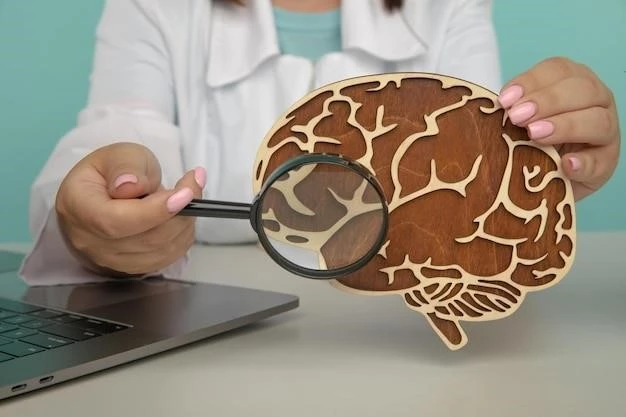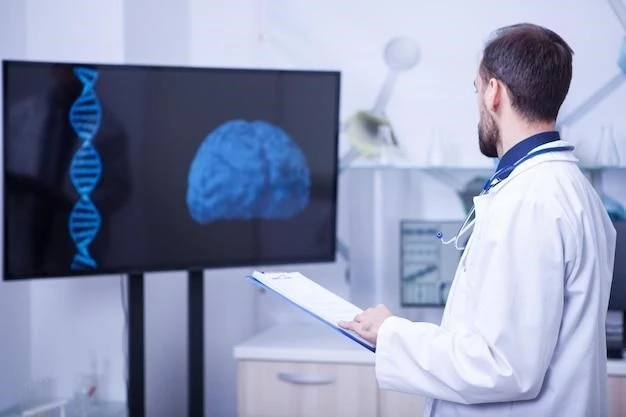Introduction
Agenesis of the corpus callosum is a common brain malformation that can occur in isolation or with congenital syndromes. Understanding this condition is crucial for proper diagnosis and management.
Overview of Micrencephaly Corpus Callosum Agenesis
Agenesis of the corpus callosum can manifest either in isolation or in conjunction with congenital syndromes‚ leading to a range of neurological complications and developmental challenges. Understanding the complexities of this condition is vital for early detection and appropriate management.

Clinical Features
Recognizing the signs and symptoms of micrencephaly corpus callosum agenesis is crucial for prompt intervention and appropriate management. Understanding the clinical presentation is essential for providing the best care.
Common Symptoms and Presentation
Individuals with micrencephaly corpus callosum agenesis may exhibit a range of symptoms including developmental delays‚ intellectual disabilities‚ and neurological deficits. Recognition of these common presentations is essential for early intervention and comprehensive management.
Variability in Developmental Delay
Developmental delays in individuals with micrencephaly corpus callosum agenesis can vary greatly‚ impacting motor skills‚ language acquisition‚ and social interactions. Recognizing the diverse spectrum of developmental delays is crucial for tailoring interventions to meet the individual needs of each patient.
Diagnosis
Early and accurate diagnosis of micrencephaly corpus callosum agenesis involves utilizing advanced imaging techniques and genetic testing. Seeking specialized medical evaluation is crucial for timely and appropriate management.
Imaging Techniques for Detection
State-of-the-art imaging techniques play a crucial role in the detection of micrencephaly corpus callosum agenesis. Utilizing advanced imaging modalities such as MRI and CT scans can provide valuable insights into the structural anomalies associated with this condition‚ aiding in accurate diagnosis and treatment planning.
Genetic Testing and Counseling
Genetic testing plays a crucial role in confirming the diagnosis of micrencephaly corpus callosum agenesis and can provide valuable information about the underlying genetic abnormalities. Genetic counseling is essential for families to understand the inheritance pattern‚ potential risks‚ and available management options. Seeking consultation with a genetic counselor can help individuals and families make informed decisions regarding testing‚ treatment‚ and future planning.
Associated Conditions
Understanding the complexities of micrencephaly corpus callosum agenesis involves recognizing the associated intracranial anomalies and neurodevelopmental disorders. Identifying these conditions is crucial for comprehensive management and effective treatment strategies.
Intracranial Anomalies
Agenesis of the corpus callosum is often associated with various intracranial anomalies such as interhemispheric cysts with hydrocephalus‚ Dandy-Walker malformation‚ and neuronal migration disorders. Understanding these co-existing conditions is crucial for comprehensive management and appropriate treatment approaches.
Neurodevelopmental Disorders
Individuals with micrencephaly corpus callosum agenesis often present with a spectrum of neurodevelopmental disorders‚ including intellectual disabilities‚ behavioral challenges‚ and motor coordination deficits. Recognizing these associated neurodevelopmental disorders is essential for comprehensive care and tailored interventions.
Treatment
Implementing a multidisciplinary approach to care is essential for managing micrencephaly corpus callosum agenesis. Tailored therapies and interventions can help improve the quality of life and address various developmental challenges.
Multidisciplinary Approach to Care
Managing micrencephaly corpus callosum agenesis necessitates a multidisciplinary care approach involving neurologists‚ genetic counselors‚ developmental specialists‚ and therapists. Coordinating diverse medical professionals ensures comprehensive care and tailored interventions to address the complex needs of individuals with this condition.
Therapies and Interventions
Implementing a range of therapies and interventions tailored to the specific needs of individuals with micrencephaly corpus callosum agenesis is crucial for optimizing developmental outcomes and enhancing quality of life. Collaborating with a multidisciplinary team of healthcare professionals can help provide comprehensive care and support to address the diverse challenges associated with this condition.

Prognosis
Understanding the long-term outlook and quality of life for individuals with micrencephaly corpus callosum agenesis is essential. Recognizing the impact on cognitive and motor functioning can help guide treatment strategies and support future planning.
Long-Term Outlook and Quality of Life
Assessing the long-term prognosis and quality of life for individuals with micrencephaly corpus callosum agenesis is essential for providing ongoing support and personalized care. Understanding the impact of this condition on cognitive and motor functioning can guide interventions to enhance overall well-being and independence.
Impact on Cognitive and Motor Functioning
Agenesis of the corpus callosum can significantly impact cognitive and motor functioning in affected individuals‚ leading to challenges in areas such as intellectual abilities‚ language skills‚ and motor coordination. Understanding the implications of these effects is crucial for tailored interventions and long-term support to optimize the individual’s quality of life.
